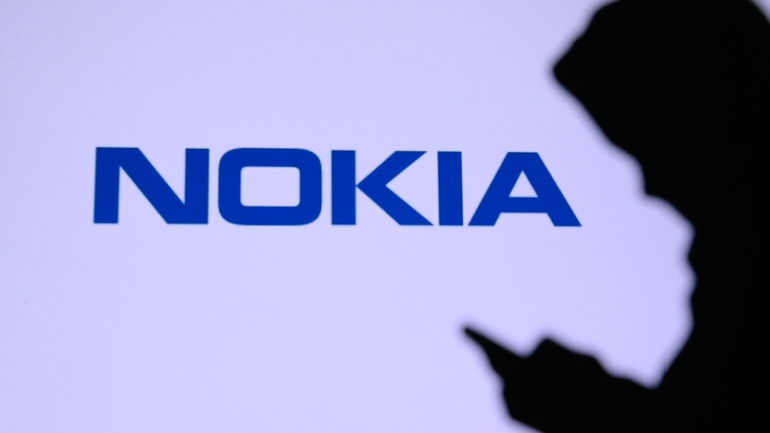The Global Coalition on Telecommunications (GCOT), launched by the UK, Australia, Canada, Japan, and the US, intends to revolutionize telecommunications through joint R&D, funding alignments, and standard development. Offering insights into the initiative’s broad scope, TMT partner Julian Cunningham-Day highlights the coalition’s focus on supply chain diversification and market competition through Open RAN. Despite the promising advantages, potential vulnerabilities may arise from industry-wide open standards. Additonally, GCOT’s emphasis on yet to be realized 6G technology signals its proactive stance towards future complexities.
In a push for universal cybersecurity standards, the EU faces backlash from global telecommunications titans like Ericsson and Nokia, who warn of supply chain disruptions akin to those experienced during COVID-19. Striking a balance between stringent security measures and smooth product availability is crucial, prompting these industry leaders to suggest increased self-assessment and more lenient implementation timeframes. However, the underpinning question remains – who should ensure industry compliance, the vendors or third parties? Amidst the surge in cybercrime, a secure, streamlined approach is paramount.
5G and AI are more than just buzzwords; they’re shaping up to become the backbone of technological breakthroughs. Their ultra-fast capabilities are key for advancements including IoT and intelligent automation. However, with high speed comes high stakes, particularly in the domain of cybersecurity. Yet, despite potential risks, the limitless possibilities offered by 5G and AI, whether it’s efficiency gains or real-time interactivity, are compelling. This combination is set to revolutionize industries, driving anticipation for what lies beyond the tip of this transformative iceberg.
Five nations have formed a global alliance, ambitiously named the Global Coalition on Telecommunications (GCOT), a promising step towards international cooperation in the telecommunication arena. Set to modernize Open RAN, enhance 6G, and resolve security issues linked to China, this consolidates the efforts of five major entities across UK, Australia, Canada, Japan, and the U.S. The coalition aims to better integrate policy matters and drive growth within the industry. However, uncertainty looms over the form this alliance will take in future, prompting intense interest within the telecom sector.
HMD Global sets a new bar in smartphone manufacturing with the Nokia XR21, claiming ‘military-grade durability’ and localized data storage for improved security. Remarkably, this sturdy device boasts a chassis made from 100% recycled aluminium, affirming the company’s commitment to sustainability. As an added boon, it has moved its manufacturing to Europe, enhancing the product quality control. This move hints at the potential appeal of a ‘Made in Europe’ smartphone in an overwhelmingly Asian-dominated market.
Generative AI’s capacity to curate fresh content is piquing interest within the telecommunications domain with predictions of significant growth. A recent Altman Solon survey revealed that nearly half of the experts in this field are gearing towards adopting this technology within the forthcoming two years. Telecommunications companies are seen to utilize AI power initially to refine customer experiences. Alterations of these AI models to align with specific objectives and eventually, creating new industry-focused models are the subsequent phases. However, data protection concerns circulate around its adoption. Thus, an intricate balance must be reached in refining AI applications and ensuring data safety.
IBM’s latest partnership with the UK government to create a national biometrics platform has sparked heated debate within the tech community. While the tech giant affirms its commitment against mass surveillance, fear persists about the system’s potential for misuse. Transparency and clear parameters for this new technology’s use are now of paramount importance.
Journey.ai, a trailblazing cybersecurity software company, has teamed up with Avaya, a leading contact center provider, to bolster security measures while enhancing the agent experience. The integration of Journey’s biometric authentication technology with Avaya Hybrid Cloud Services (HCS) offers a compelling solution for contact centers, replacing conventional password-based authentication with biometric verification.
The Biden Administration’s ambitious $2 trillion infrastructure plan injects considerable capital into US chip production, with the aim of bolstering national security and reducing reliance on foreign manufacturers. Last year, the US produced only 12% of the world’s chips, highlighting a dependency on international manufacturers, primarily in Asia. Intel emerges as a key beneficiary of this investment, declaring over $43.5 billion towards manufacturing units across the US. Yet, for some companies, the journey remains fraught with caution as they await the federal funding.
In a strategic move to enhance cybersecurity, Japan’s prominent technology players, including KDDI Corporation, KDDI Research, Inc., Fujitsu Limited, NEC Corporation, and Mitsubishi Research Institute, Inc. (MRI), have joined forces to initiate a groundbreaking endeavor. The project, set to commence on August 1, 2023, entails a series of trials investigating the integration of a Software Bill of Materials (SBOM) into the realm of communication, encompassing 5G and LTE network equipment.













